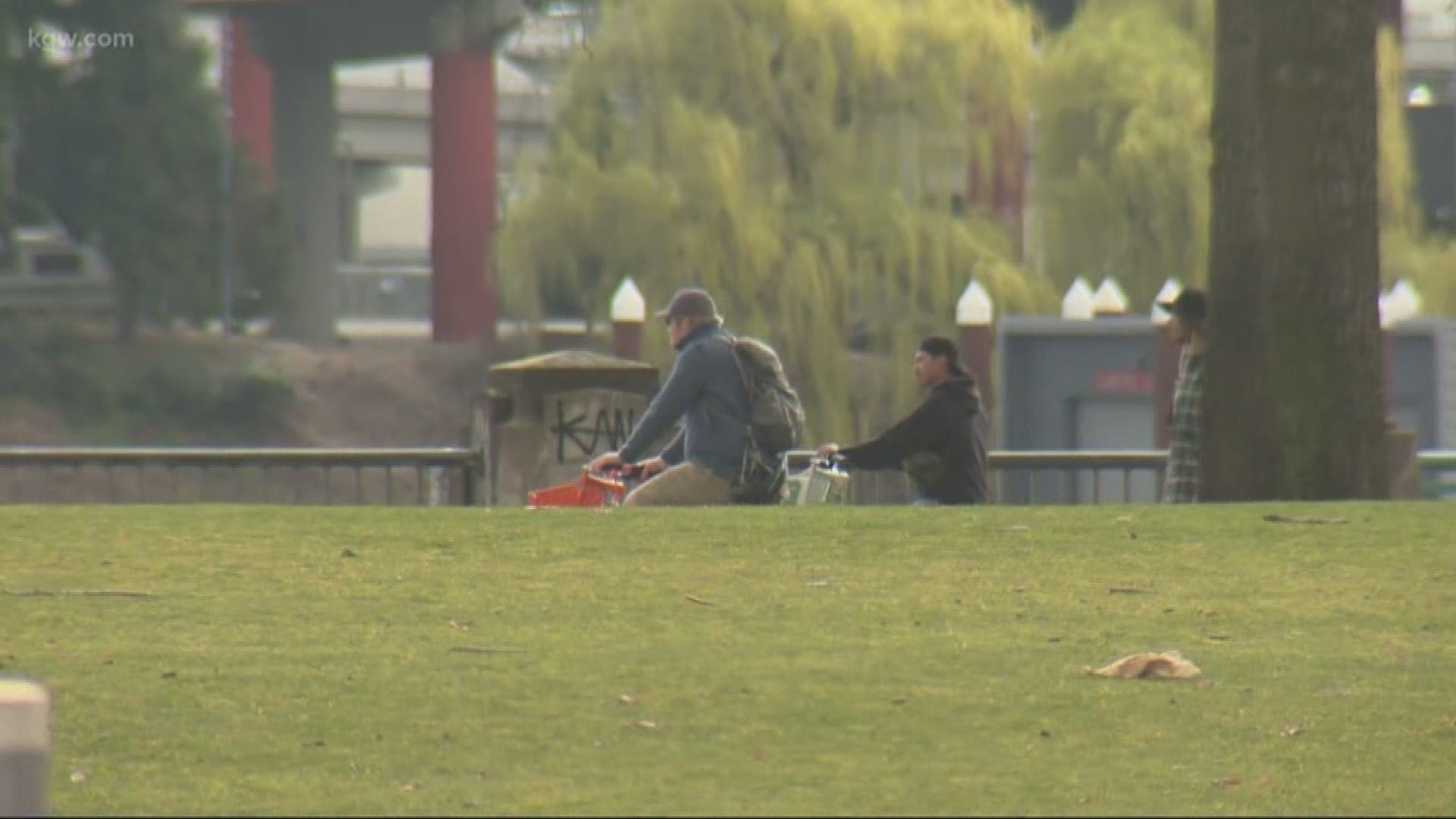PORTLAND, Ore. — Tillamook Mayor Suzanne Weber feared the worst. Her small, coastal town of roughly 5,000 overflowed with tourists last weekend despite a warning from Oregon’s governor urging people to stay home.
“We’re a small community. We’ve got a small hospital. We have limited access to groceries and all these folks coming in were really a threat,” said mayor Weber.
On Monday, facing increasing pressure to act and avoid scenes from the past weekend, Oregon Governor Kate Brown issued strict guidelines to keep people at home. The governor’s stay home order restricts where people can go and what businesses can stay open in hopes of reducing the spread of the coronavirus outbreak
“It is a little late. It should have happened last week,” said mayor Weber.
The question is: Will people follow the governor’s order?
Weber hopes so. She believes the governor’s tone has changed to be more direct and assertive.
“This is not something to be wishy washy about,” said mayor Weber.
Unlike previous warnings, Oregon’s stay-at-home order has consequences. People caught violating the order could face jail time or fines.
Ellen Peters, director of the Center for Science Communication and Research at the University of Oregon, believes people will follow the order because it is the law, and we tend to do what other people are doing.
“If it becomes a social norm, if more people are doing it, that will begin changing even more behaviors,” said Peters. “If everyone else is doing it, then I am more likely to.”
Governor Brown’s order follows similar restrictive measures in many other states including New York, Ohio and California. No state is completely preventing people from going outside, but some measures are more drastic than others.

